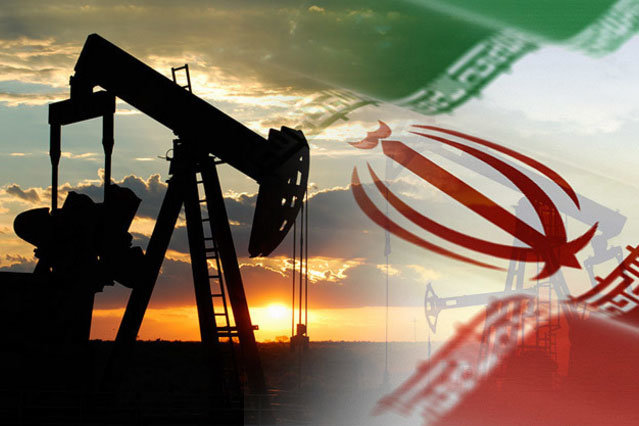
(PMOI / MEK Iran) and (NCRI): Iran on the Verge of Economic Collapse.
The Revolutionary Guards (IRGC), the Headquarters for Executing the Order of the Imam (SETAD), Bonyad Mostazafan (Foundation of the Oppressed), Shahid Foundation (Martyr Foundation), and other government-linked institutions have taken over state-owned economic institutions in Iran through privatization.
Khamenei has privatized the country’s economy
The “SETAD” has more power and control over the Iranian economy than the IRGC. When it comes to asset seizure, it is the most assertive of the so-called “non-government public sector” companies.
By invoking Article 44 of the mullahs’ constitution, Khamenei has privatized a major portion of the country’s economy, which some analysts estimate to be between 60 and 80 percent.
According to an October 30 report by the ILNA news agency, “The implementation of Article 44 proceeded in such a way that 80 percent of the economy was practically transferred from the public sector or the private sector [Khosoolati],” said Mohammad Reza Bahonar, a member of the regime’s Expediency Discernment Council.
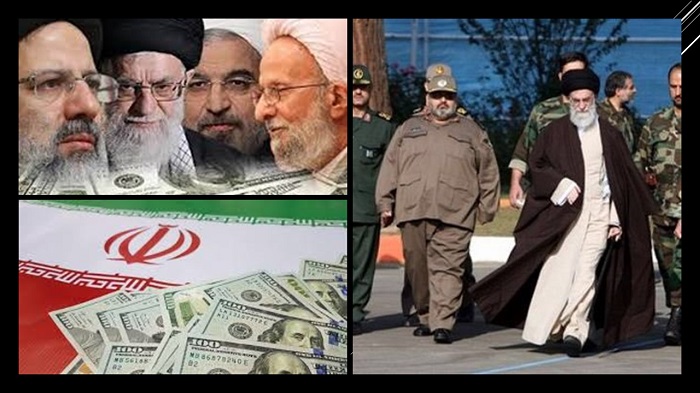
(PMOI / MEK Iran) and (NCRI): Corruption is a well-known phenomenon in the Iran regime.
Raisi Government funds created problems for the workers
Per a May 1, 2020 report by the state-run Shahrvand daily, “Factories were handed over to unskilled people with massive loans from banks and government funds, and inefficiently stopped the production cycle and created problems for the workers,” said the regime’s president Ebrahim Raisi.
This corrupt organization has stolen much of the people’s capital while distributing the advantageous exchange rate of 42,000 rials per US dollar for the import of basic necessities, in addition to controlling industries and economic institutions.
People with ties to the government were given a preferential exchange rate: each dollar for 42,000 rials, despite the free market price of each dollar being roughly 280,000 rials. Instead of importing the essential items that the consumers demand, they imported luxury goods that they are selling at market value or without returning the export currency.
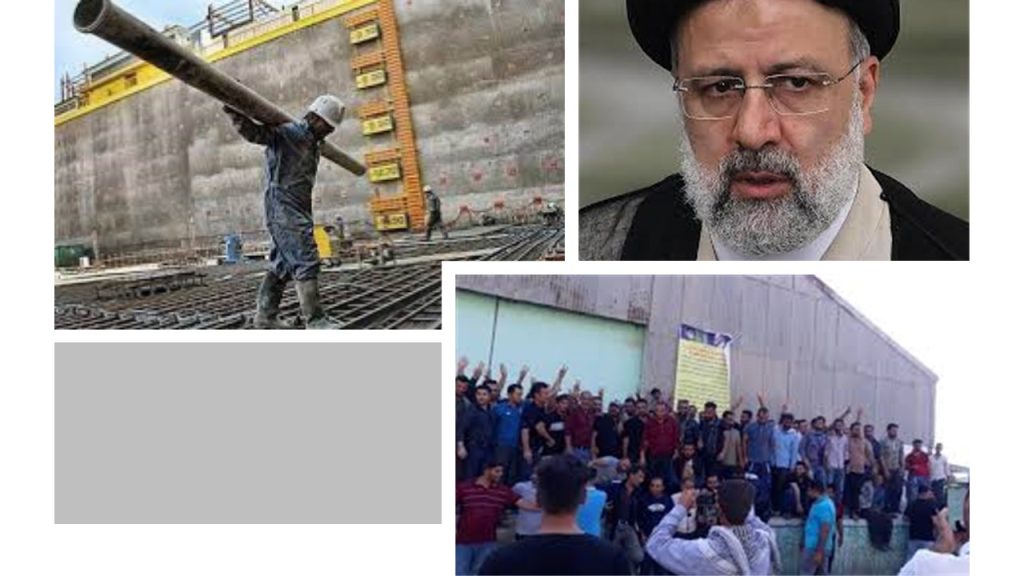
(PMOI / MEK Iran) and (NCRI): Ebrahim Raisi: Government funds created problems for the workers.
Ali Shariati, “Unfortunately, no one holds them accountable.”
“Petrochemicals and private enterprises [Khosoolati] functioning in many areas of the Iranian economy accounts for a significant portion of the currency that did not return to the country.” According to a report published on the state-run Eghtesad online website on October 24, Ali Shariati, a member of the regime’s Chamber of Commerce, remarked, “Unfortunately, no one holds them accountable.”
Another benefit of the “Khosoolati sectors” is tax exemption or evasion, as well as getting significant subsidies.
In an interview with the state-run Setareh Sobh newspaper, Raghfar talked about distributing the country’s wealth to “comrades” and “people.” while referring to the 500 trillion rials (approximately $1.8 billion) in tax fraud by government institutions, particularly the Khosoolaties.
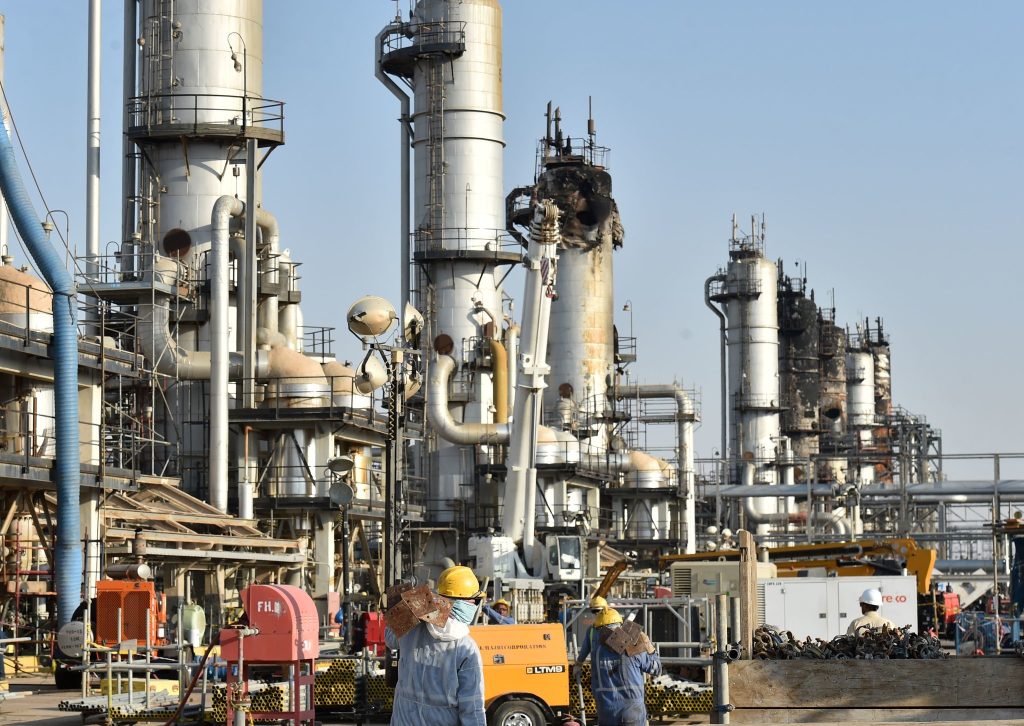
(NCRI) and (PMOI / MEK Iran): Ali Shariati, a member of the regime’s Chamber of Commerce, remarked, “Unfortunately, no one holds them accountable.”
The mines are in the hands of those who do not pay taxes
“The country’s mines’ resources have been given to friends and comrades, and the government and people’s share should be taken from these people.” But there is no desire to do so… Today, the country’s huge mines are in the hands of those who do not pay taxes, and none of these firms or individuals produce anything; instead, they extract the country’s natural resources, which belong to everyone. According to a September 26 report by the Setareh Sobh daily, “they try not to let these things be seen by the people and society, and they continue this secrecy in order to fill their pockets.”
These “friends and comrades” are regime officials and/or institutions who, thanks to the privatization policy, control “65 percent of the country’s exports” and “90 percent of the export of raw and semi-raw materials.” As a result, there is more corruption, and many factory workers and employees are forced to live in poverty.
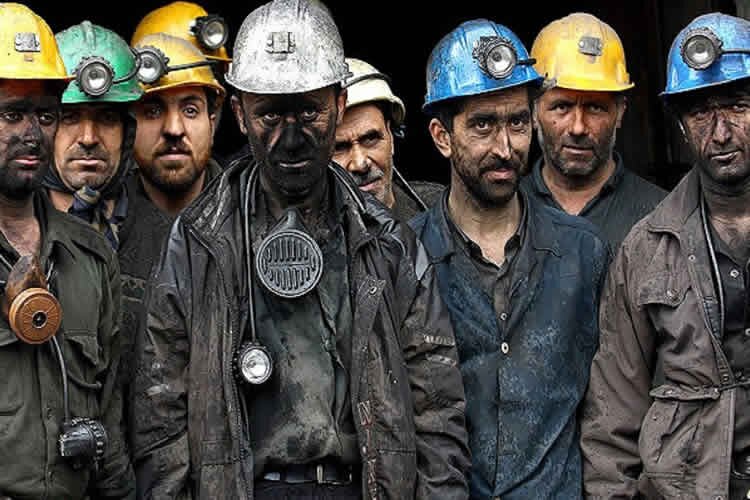
(NCRI) and (PMOI / MEK Iran): As a result, there is more corruption, and many factory workers and employees are forced to live in poverty.
MEK Iran (follow us on Twitter and Facebook)
and follow Maryam Rajavi’s on her site 
and follow NCRI (Twitter & Facebook) and People’s Mojahedin Organization of Iran – MEK IRAN – YouTube
